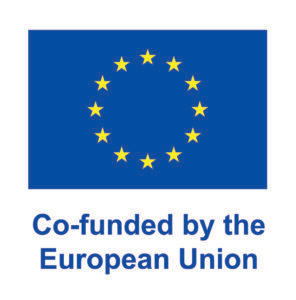Educational and training materials
Participants in the BAS4SC Competition – and all interested students beyond the competition – have open access to a comprehensive set of educational materials designed to support their learning and preparation for the competition tasks.
These resources will help you:
- strengthen your understanding of logistics data analysis,
- refresh key analytical and statistical concepts,
- and build confidence in using Business Intelligence tools in real-world applications.
The materials are designed to level up your knowledge, remind you of essential principles, and support your independent and team-based learning.
Available learning modules include:
- Fundamentals of Data Analysis in Logistics – essential methods and examples of data-driven decision-making in supply chain management.
- Introduction to Business Intelligence Tools – practical guidance on using BI platforms for data visualization, dashboard creation, and reporting.
- Application of Statistical Methods – key techniques for interpreting data, identifying trends, and supporting strategic decisions.
Within each module, you will find a rich collection of teaching materials, such as:
- developed textbooks and lecture notes,
- practical assignments and case studies,
- presentations and video tutorials,
- helpful external resources and open-access publications.
All materials are freely accessible online – you can view them directly, download them to your computer, and study at your own pace.
We strongly encourage team-based learning – share tasks, exchange insights, and learn from each other to achieve the best results together.
Where to find the materials?
The complete set of educational resources is available on the BAS4SC Learning Platform, accessible to all. Download training materials: https://enauka.put.poznan.pl/course/index.php?categoryid=54

